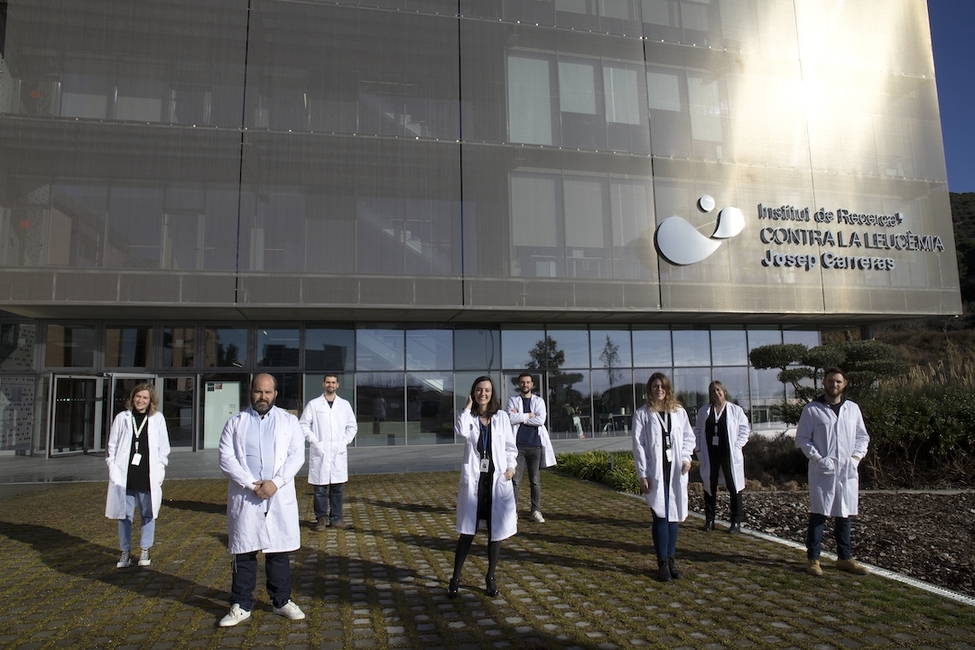REDECAN publishes the latest data on the incidence of hematological neoplasms in Spain
Dr. Rafael Marcos-Gragera, member of the Josep Carreras Leukaemia Research Institute and leader of the Girona Cancer Registry group of the Institut Català d'Oncologia / Pla director d'oncologia, has coordinated the report published by the Spanish Network of Cancer Registries (REDECAN) on the incidence of hematological neoplasms that predicts the diagnosis of 26,000 new cases in 2021.

The Spanish Cancer Registries Network (REDECAN) has just published on its website an exhaustive report on the incidence of hematological neoplasms in Spain, 2002-2013. Population epidemiological data on this type of cancer are scarce. The report, coordinated by the Girona Cancer Registry, has data on 56,777 cases from 16 provinces/islands and analyzes the distribution, incidence and trend of the incidence of hematological neoplasms, according to the different subtypes based on the international disease classification for oncology and the WHO.
The report provides data on the population distribution and incidence rates of the different subtypes of neoplasms, from the most common -multiple myeloma, diffuse large B-cell lymphoma, essential thrombocythemia- to the least prevalent. Data indicates that, globally, the incidence rates were 34.2 per 100,000 inhabitants for the group of lymphoid neoplasms and 15.5 per 100,000 inhabitants for the myeloid group, although differences were observed between the different provinces. In the specific case of myeloid neoplasms, a statistically significant increase in incidence rates (0.7% per year) has been observed. The trend analysis on these data estimate that during 2021 about 26,000 new cases of hematological neoplasms will be diagnosed in Spain.
On the other hand, this same report reflects a significant improvement in the registration and coding of this type of neoplasm at the population level, with a 5% annual decrease in nonspecific cases of lymphoid neoplasms and 14% for myeloid neoplasms. For this reason, the different epidemiological indicators offered in this report, and others provided by REDECAN, can be useful for planning resources allocation for public health and designing specific protocols.
The Girona Cancer Registry research group, led by Dr. Rafael Marcos-Gragera, is part of the Josep Carreras Leukaemia Research Institute and one of its main objectives is to offer epidemiological data on hematological neoplasms at the population level. It has a long history of collaborations at the national and international level, in addition to the registry data itself.
Reference:
Marcos-Gragera R, Ameijide A, Solans M, Sanvisens A, de Castro V, Chirlaque MD, et al.
“Incidence and trends of haematological malignancies in Spain, 2002-2013”. Red Española de Registros de Cáncer (REDECAN), 2021. Disponible en: https://redecan.org/storage/documents/61ad123d-aa03-43db-b96a-b4e22d1837fb.pdf